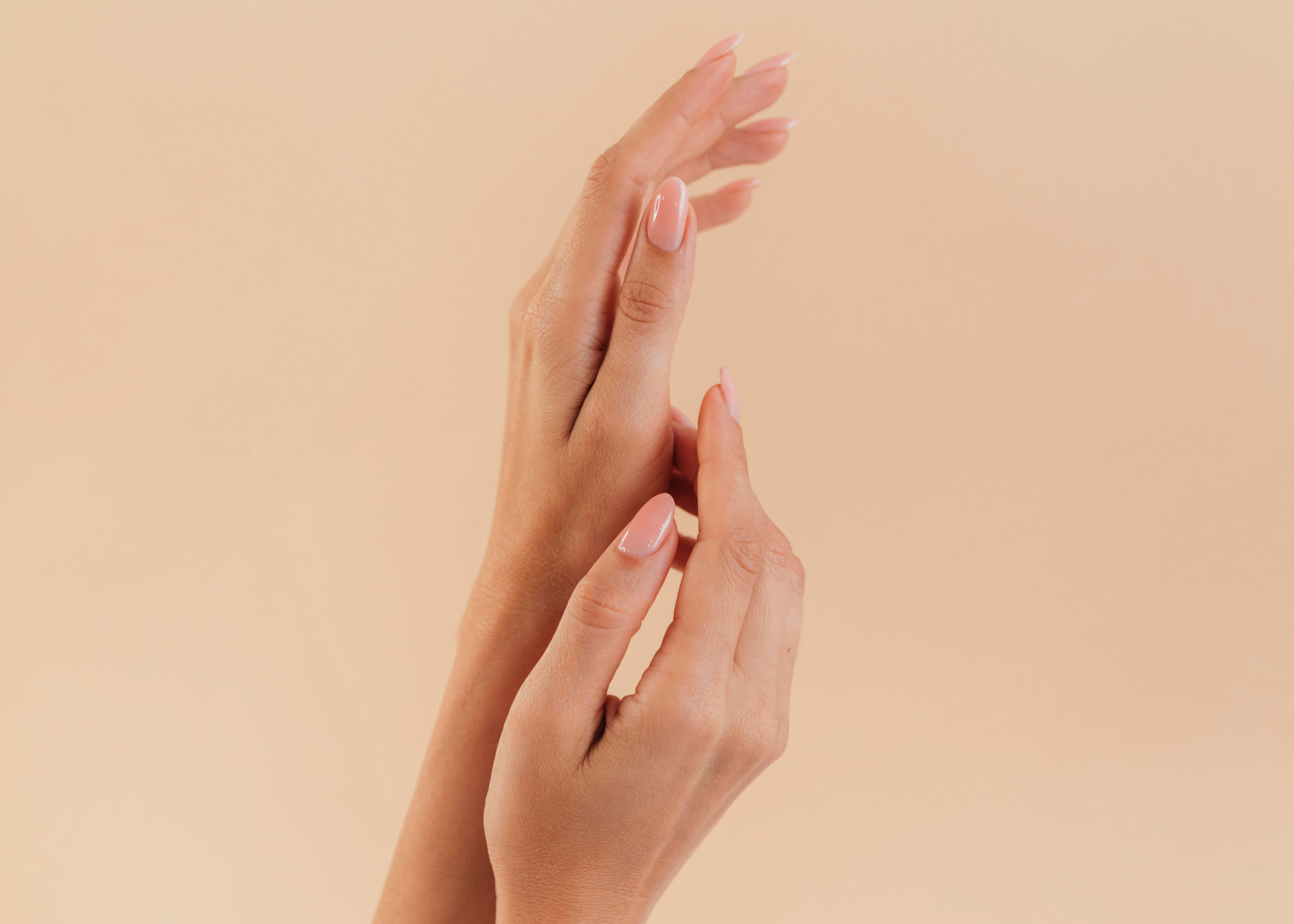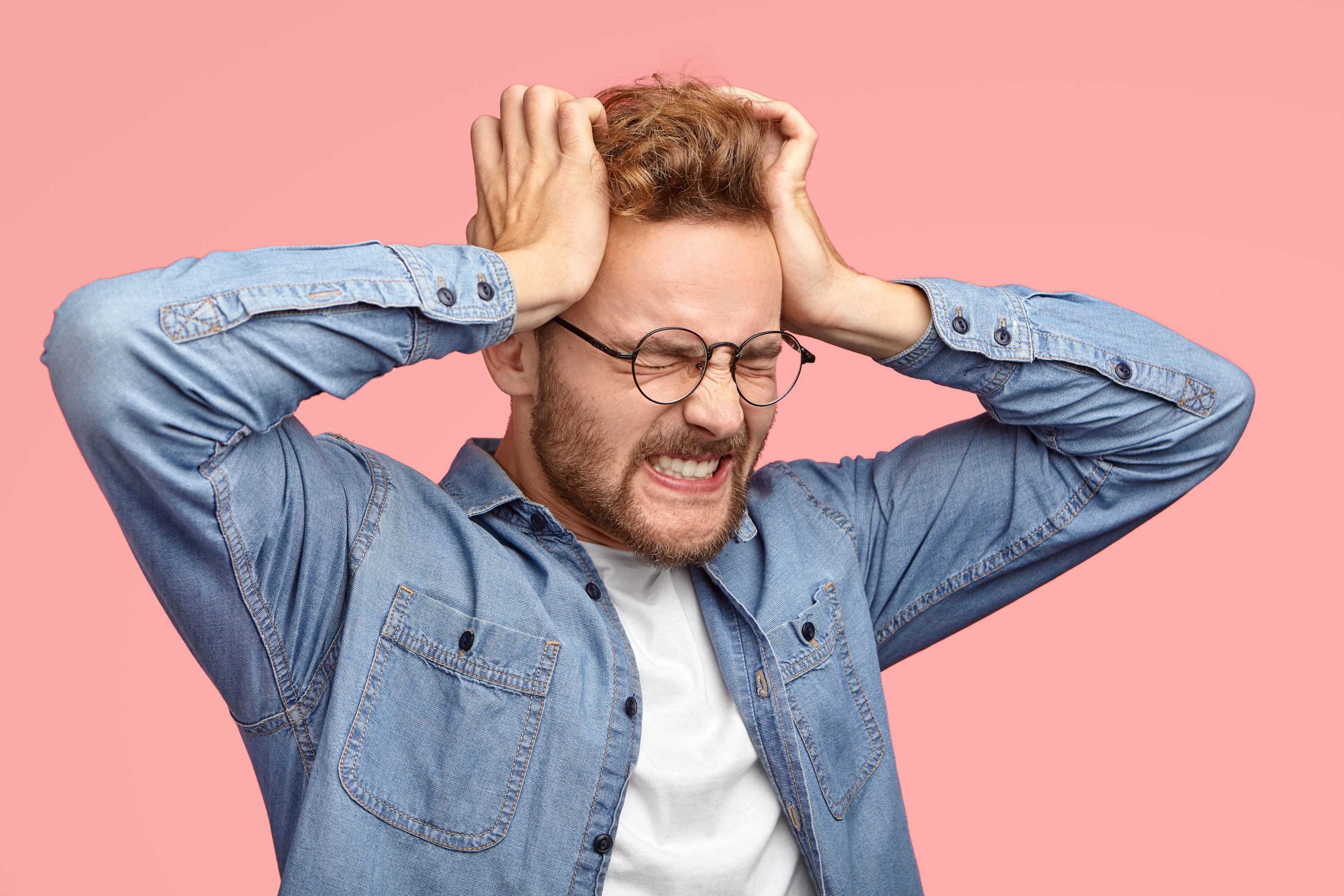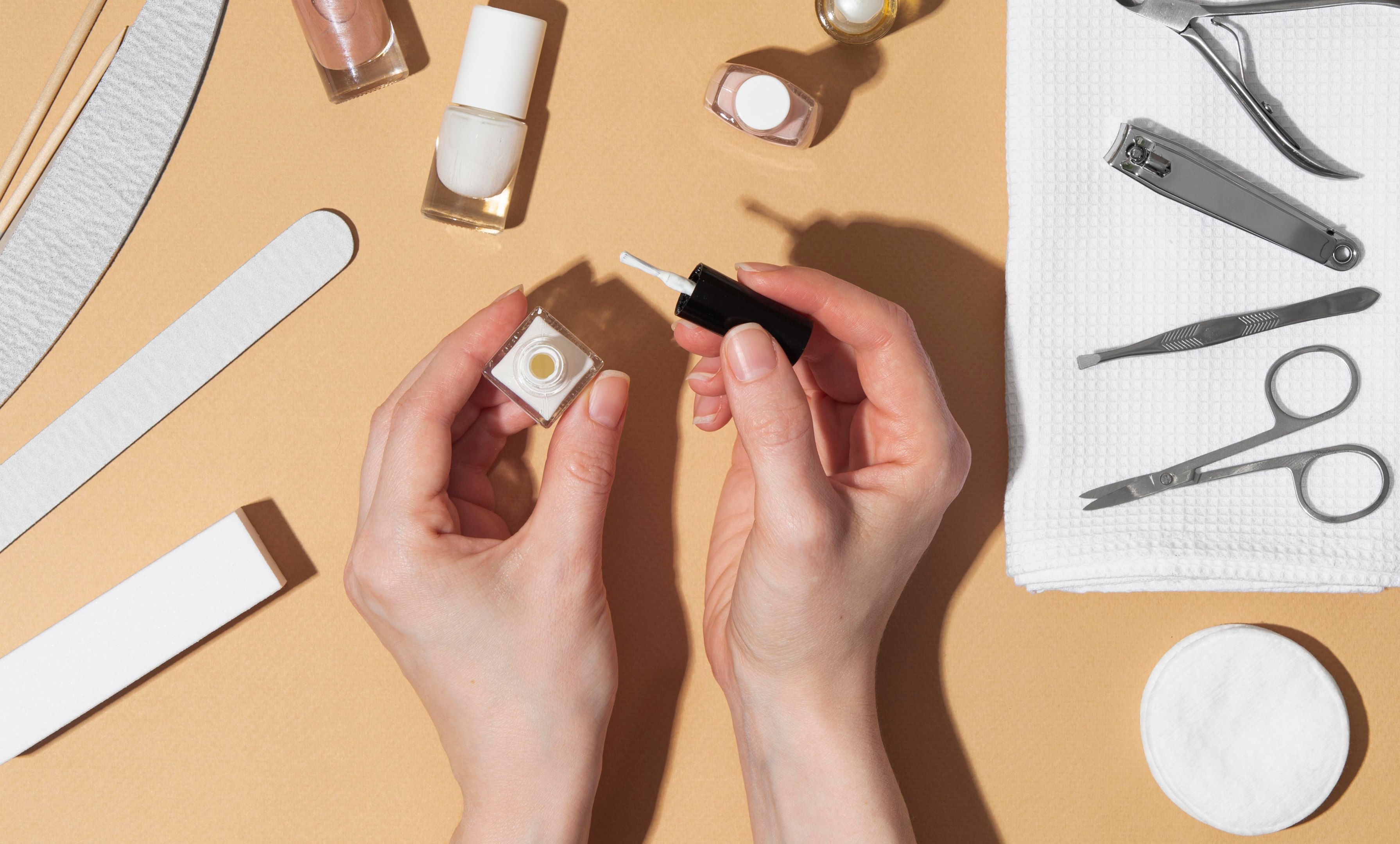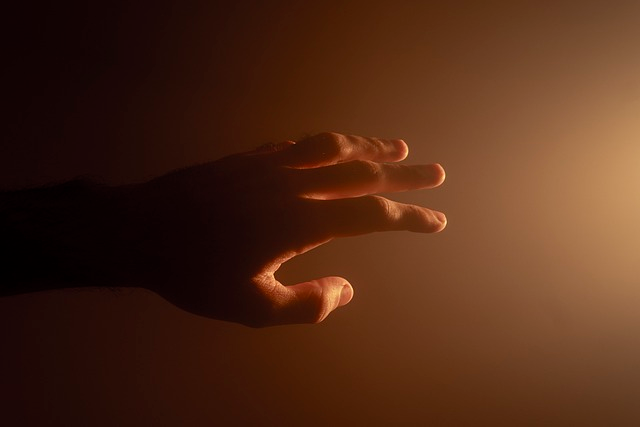How to stop biting nails?



Most people bite their nails at some point in their lives, but for some, it's a habit that's difficult to break.
If you're looking for ways to stop biting your nails, you've come to the right place. In this post, we'll discuss the causes of nail biting and share some tips for how to overcome the habit.
Nail biting is a common habit that many people have. It could be done because of boredom, nerves, or just because it feels good. Although it may seem harmless, nail biting can have some pretty serious consequences.
For one thing, it can lead to infections. When you put your fingers in your mouth, you're exposing yourself to all the bacteria that are on your nails. This can cause illnesses like colds, flu, and even hepatitis. Nail biting can also damage your teeth.
Constantly putting your nails in your mouth can wear down your tooth enamel and cause dental problems later on. And if you bite your nails too hard, you could actually crack a tooth!
In addition, nail biting can cause your nails to become misshapen and uneven. So if you're looking to have nice-looking nails, you might want to break the habit. All things considered, nail-biting isn't worth the risk.
We all know that biting your nails is a bad habit. But did you know that nail biting can also be dangerous to your health? Here are some of the risks associated with this common habit.
Bacteria and viruses. Your hands come into contact with all sorts of bacteria and viruses throughout the day. When you bite your nails, you're effectively transferring those germs directly into your mouth. This can increase your risk of developing a cold, flu, or other respiratory infection.
Digestive problems. If you have a tendency to bite your nails when you're anxious or stressed, you may also be inadvertently swallowing large amounts of air. This can lead to bloating, gas, and other digestive issues.
Allergic reactions. If you bite your nails and have open wounds on your fingers or hands, you're more likely to experience an allergic reaction to any chemicals or irritating substances that come into contact with those open sores. This could include cleaning products, detergents, cosmetics, or even the polish from your nails!
As you can see, there are several risks associated with nail biting. So next time you find yourself with an urge to bite your nails, think about these potential dangers. It might just be enough to help you break this unhealthy habit for good!

While most of us have been told at one point or another to stop biting our nails, few of us know that there's a name for this habit: onychophagia. And, according to some experts, it may be classified as a mental disorder.
Onychophagia is defined as the compulsive urge to bite and chew on nails. While it may seem like a harmless nervous habit, it can lead to serious medical problems, such as infection and damage to the teeth.
In addition, onychophagia can be a sign of an underlying mental disorder, such as anxiety or OCD. So next time you find yourself biting your nails, you may want to ask yourself why you're doing it.
If the answer is anything other than "I just can't help it," then you might want to consider seeking help from a mental health professional.
If you are seeking support for mental health concerns, visit the Welzo Mental Health Hub to find tests and potential treatments.

When you bite your nails, you're not just breaking the little pieces of keratin that make up your nails — you're also causing damage to the nail bed and the skin around your nails. This can lead to a host of problems, from hangnails to bacterial infections. In severe cases, it can even cause permanent deformities of the nails.
So, can bitten nails grow back to normal? The answer is yes… and no. If the damage is minor, your nails will likely grow back without any problems.
However, if the damage is more severe, you may be left with permanent changes in the shape and texture of your nails. So, if you're looking to keep your hands looking their best, it's best to break the habit of nail biting.

Understand why you bite your nails. Are you anxious or nervous? Do you do it when you're bored? Once you know what your nail biting triggers are, you can be more aware of when you're doing them and work on finding alternative coping mechanisms.
Keep your nails trimmed short. This will make them less tempting to bite and will also help prevent accidental injury to your gums and lips.
Apply a bitter-tasting polish to your nails. This will remind you not to bite them whenever you put your fingers in your mouth.
Identify Replacement Behaviors: When you feel the urge to bite your nails, find something else to do instead. Some people find it helpful to keep their hands busy with fidget toys or stress balls. Others chew gum or reseed themselves with sunflower seeds instead.
Get Support from Family and Friends: Let the people closest know that you're trying to quit nail biting and ask for their support. They can help hold accountable and remind you of your goals when you feel like giving up
Biting your nails is a common problem, but it can be solved with a little effort and some patience. If anxiety is the root cause of your nail-biting habit, try deep breathing exercises or meditation to ease your anxiety levels.
You can also keep your hands busy with a fidget toy or stress ball. Finally, you can try wearing gloves when temptation strikes. Breaking the nail-biting habit isn't easy, but it is possible!
Read more about how to care for your general health on the Welzo Health Hub.
Plus get the inside scoop on our latest content and updates in our monthly newsletter.